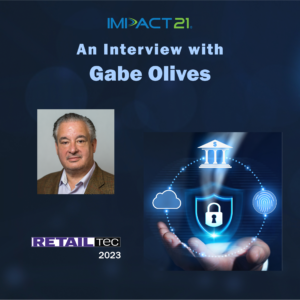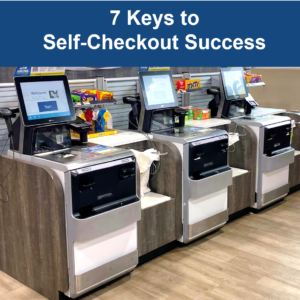Technology Innovation & Its Impact on Consumer Payments
RetailTEC 2023 is now in the books, and it was one of the most informative and exciting convenience and grocery […]
When Should a Merchant Be Merchant of Record?
The biggest benefit to becoming the Merchant of Record is the opportunity to optimize payment operations and standardize the customer experience. As technology has evolved, so has the need to optimize transaction flows across channels of commerce, control costs, and improve resiliency.
7 Keys to Self-Checkout Success
Strategies for Retail Efficiency & Customer Experience Convenience retailers have generally been slower than their fast-moving consumer goods peers to […]
What Does the New Interchange Legislation Mean For You?
A growing number of states have recently introduced legislation to prohibit charging interchange fees on the sales and excise tax portion of retail transactions. Thus far, there are active bills in the states of Georgia, Florida, Idaho, North Dakota, and Texas, however that number is expected to grow in the near-term future.
Get The Most Out of Tokenization
By replacing sensitive data with tokens, merchants not only reduce the risk of a data breach, they also ensure that even if a hacker (aka “bad guy”) were to access their system, the hacker would only be able to access the tokens, which are useless without corresponding sensitive personal information (SPI).
Top Trends Every Retailer Should Be Aware of for 2023
2023 marks the fourth year of a decade that began with a once-in-a-lifetime pandemic that transformed the retail industry. As supply chain issues and other economic challenges caused by the pandemic continue to fester, retailers are finding a new normal with hybrid shopping. This means retailers have even more opportunities to create new offerings and optimize the consumer journey.
Keeping an eye on Credit Cards in Congress
Should the CCCA bill pass, there will certainly be available savings on credit card fees from the forced competition, but this will also require significant planning. Adding a second routing option is not as easy as just toggling a switch.
Want to stay in touch? Subscribe to the Newsletter















